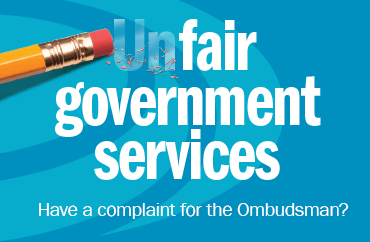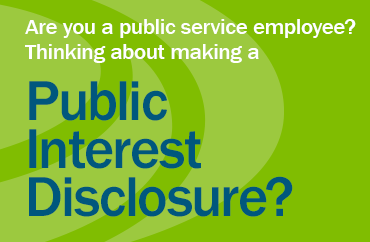Ombudsman Working to Dispel Municipal Myths
Saskatchewan’s Ombudsman, Mary McFadyen, is working to dispel myths among municipal council members and staff about the role of the Ombudsman. She said, “As we’ve worked with municipalities for the past four years, we noticed some commonly-held beliefs that are incorrect – so we’ve created a list of mythbusters to help them understand our role and theirs.” The top myths are:
- “Our municipality is too small to be able to follow all the rules.” Whether they have a population of 80 or 80,000, The Municipalities Act, The Cities Act, and The Northern Municipalities Act, 2010 require all municipalities to follow the rules, no matter how small they are.
- “I don’t need to declare a conflict of interest because…” Even if a council decision is not about money, or doesn’t involve you or a ‘closely-connected person’ as defined in the Act, council members can still have a conflict. If a person with all the facts would reasonably conclude that your private interests or the interests of a person close to you could affect your ability to make unbiased decisions in the best interests of the community, you have a conflict of interest. Members who are not sure should get advice.
- “We don’t have to do anything about code of ethics complaints – the Ombudsman has to investigate all complaints about council members.” Most municipal councils understand that they need to have a code of ethics that governs council member conduct – but the code must also include a process for the council to deal with complaints about council member conduct. The Ombudsman is an office of last resort and will typically only get involved after a municipality has taken an opportunity to address the complaint itself.
- “If we do not know what to do, we can ask the Ombudsman for advice.” Some people have been disappointed when the Ombudsman’s Office will not give them specific advice– either council members asking whether they have a conflict of interest, or staff asking how they should deal with a complaint. The fact is, the Ombudsman needs to be able to review municipal complaints objectively. Her Office cannot review a complaint impartially if they have previously given advice about the issue. Her Office does, however, provide general information online for council members to help them determine if they have a conflict. One of the reasons the Office regularly posts investigation results on its website is to help municipalities understand their obligations to provide good government and deal with conflicts of interest.
- “The Ombudsman can remove a council member.” The Ombudsman cannot remove council members from office. She can investigate complaints and make recommendations. Municipal legislation gives the courts the power to declare a council member disqualified because of a conflict of interest, if the council member does not resign.
- “We don’t need to cooperate with the Ombudsman. We can ignore the Ombudsman’s requests for information.” The Ombudsman has the power to require anyone to give information and to produce any documents that relate to a matter being investigated.
A more detailed mythbuster list was emailed to municipalities last week and is also available at www.ombudsman.sk.ca.
The Ombudsman and Public Interest Disclosure Commissioner operates under The Ombudsman Act, 2012 and The Public Interest Disclosure Act. She is an officer of the Legislative Assembly. Her Office promotes and protects fairness and integrity in the design and delivery of government services.
– 30 –
Media Contact
Leila Dueck, Director of Communications
Phone: 306-787-7369
Email: ldueck@ombudsman.sk.ca




